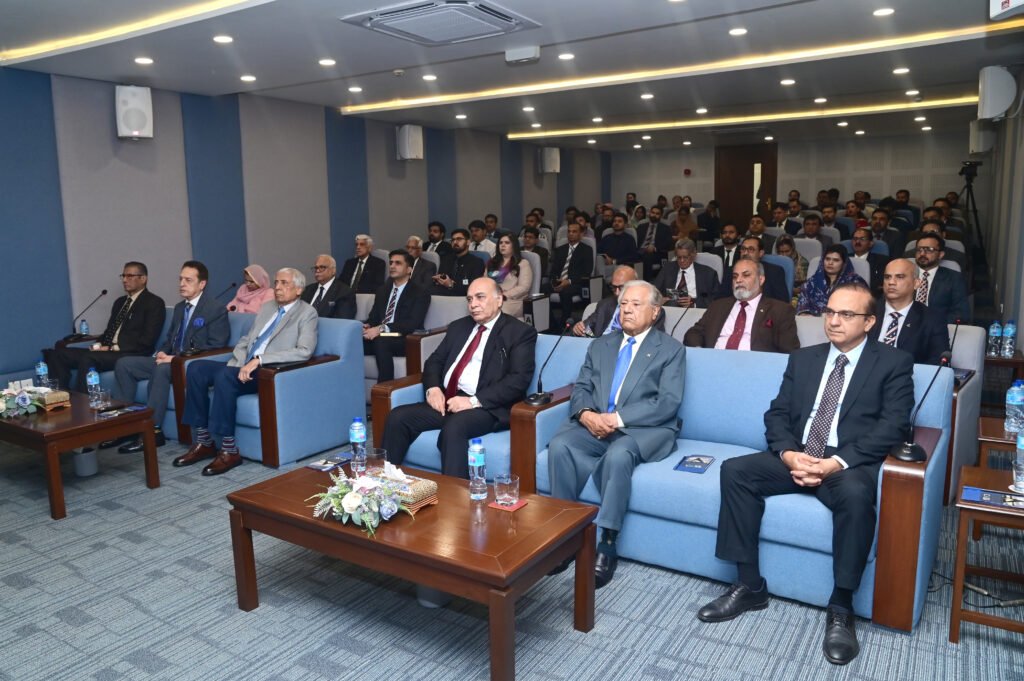
Seminar
Unleashing the Atom: Civilian Nuclear Power in the 21st Century
About The Event
Pakistan has long recognised the value of civilian nuclear energy. Through the efforts of the Pakistan Atomic Energy Commission (PAEC) and in cooperation with international partners, particularly China, Pakistan has established a robust civil nuclear infrastructure. With five operational nuclear power plants contributing over 3,500 MWe to the national grid and a sixth (C-5) under construction, the country has made commendable strides in building a clean and reliable, nuclear energy sector. These achievements reflect not only operational maturity but also Pakistan’s commitment to international norms and peaceful nuclear development under IAEA safeguards.
However, new realities, including climate change, population growth, water scarcity, and the need for decentralised and resilient energy systems, are placing fresh demands on the evolution of nuclear technology. Globally, there is a renewed emphasis on next-generation civilian nuclear innovations that promise sustainable development and align with climate resilience goals. These advancements, ranging from more compact and adaptable reactor designs to digital integration and improved fuel cycles, are redefining the future of nuclear energy. By accessing, adapting, and eventually indigenising advanced civilian nuclear technologies, Pakistan can strengthen the foundations of its existing programme while simultaneously expanding clean energy access and supporting long-term climate commitments.
Against this backdrop, this seminar explored how Pakistan can further strengthen and future-proof its civilian nuclear energy programme to meet evolving national energy needs by embracing innovation. By connecting global trends, national progress, and emerging technological frontiers, the seminar provided a platform to identify actionable strategies for a sustainable and advanced nuclear energy future.
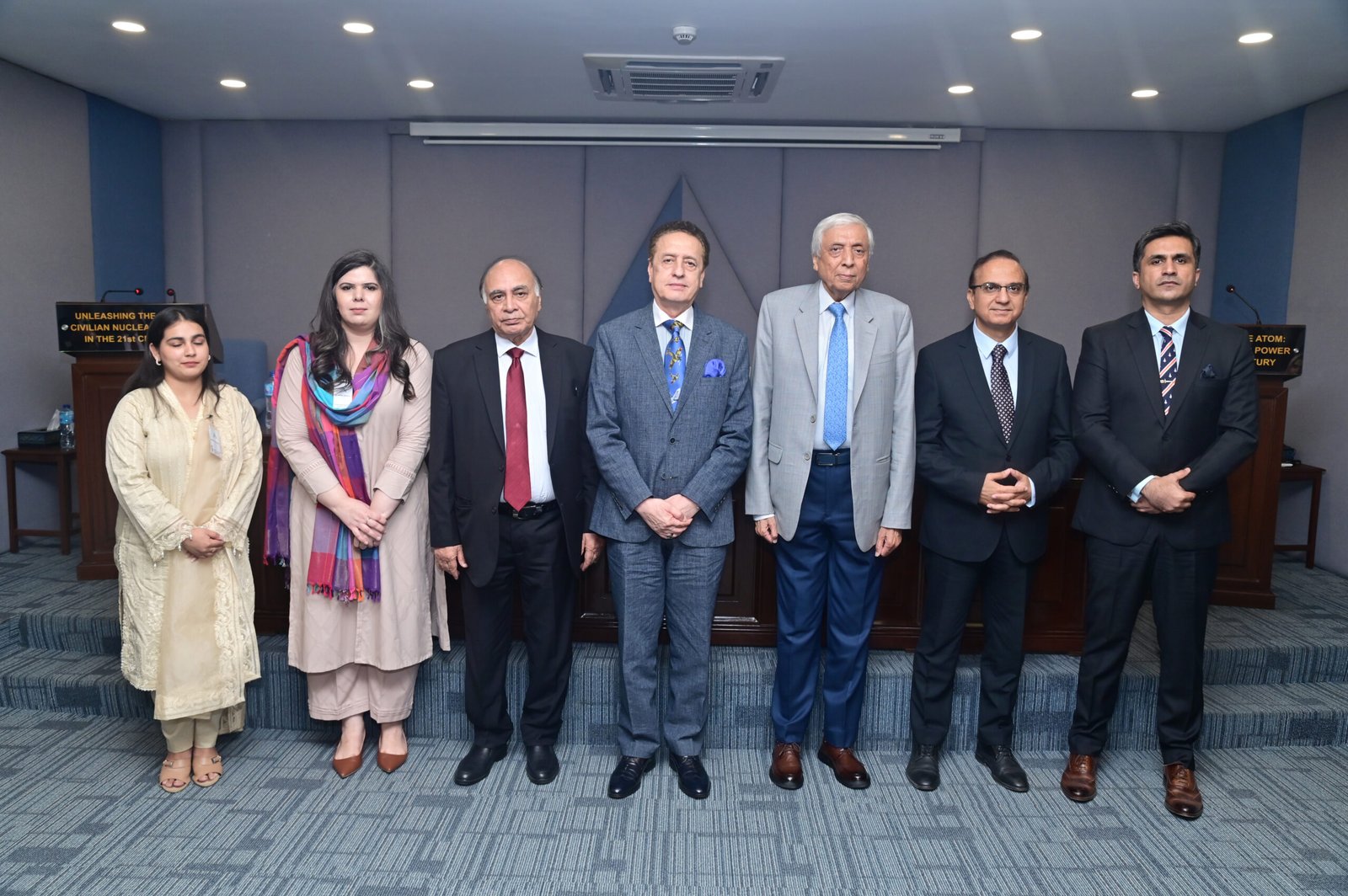
Key Takeaways
- Lasting Impact of Nuclear Accidents
Disasters such as Chernobyl, Fukushima, and Three Mile Island caused widespread fear and political backlash, significantly slowing the global construction of new nuclear reactors and casting a long shadow over public perception of nuclear energy.
- Nuclear Energy’s Slowdown and Tentative Revival
Over the past two decades, nuclear energy’s capacity has grown by only 3 percent and its share of electricity generation has halved, though recent trends suggest a cautious revival due to its long-term cost-effectiveness and low-carbon profile.
- Green and Safe Energy Source
Recognised at COP28 as a clean energy solution, nuclear power is among the safest electricity sources globally, with data showing far fewer deaths per terawatt-hour than coal, oil, or natural gas.
- Uneven Global Development
While countries like Pakistan, China and Russia continue expanding nuclear energy, Western nations face strong public resistance and financial constraints, hampering their advancement in the nuclear sector.
- Pakistan’s Indigenous Resilience
International sanctions compelled Pakistan to develop its own nuclear capabilities, demonstrated by the 50-year operation of KANUPP exemplifying the country’s resilience and capacity for indigenous nuclear engineering.
- Strong Sino–Pak Nuclear Partnership
Pakistan’s collaboration with China on the Chashma nuclear plants has proven to be highly effective, with unit C1–C4 operating at 80 percent capacity and a new 1,200 MW unit under construction, reflecting a reliable and strategic partnership.
- Strategic and Peaceful Role of Nuclear Technology in Pakistan
Nuclear energy plays a vital role in Pakistan’s energy security by providing up to 27 percent of electricity during peak demand, while its broader peaceful applications, such as cancer treatment and water desalination, highlight its contribution to national resilience and public welfare.
Policy Considerations
- Expanding Pakistan’s Nuclear Energy Programme\
There is a need to maintain robust political and institutional support for the continued development of Pakistan’s nuclear power programme, recognising its reliability, energy security benefits, and its key role in achieving long-term energy targets.
- Ensuring Financial Viability
Chronic payment delays for electricity supplied by nuclear power plants must be resolved by instituting timely settlement mechanisms and ring-fenced financial arrangements to ensure the sector’s long-term financial sustainability.
- Diversification of Strategic Partnerships
While deepening cooperation with China remains essential, there is also a need to proactively engage with other credible international partners to diversify technology sources and enhance knowledge transfer.
- Investment in Next-Generation Nuclear Technologies
Strategic deployment of SMRs through pilot projects in secure areas like cantonments, coupled with national research roadmaps and international collaboration on next-generation nuclear technologies, can enhance Pakistan’s energy access, operational readiness, and long-term nuclear competitiveness.
- Integration of Nuclear Energy into a National Climate Strategy
Nuclear energy must be integrated into a broader climate and energy transition strategy, complementing other renewables, afforestation, water conservation, and emission controls to help achieve Pakistan’s goal of a 60% clean energy target by 2030.
- Enhancing Public Confidence in Nuclear Energy
Building public trust in nuclear energy requires targeted awareness campaigns, promotion of peaceful applications in key sectors, and evidence-based communication using global data to highlight nuclear power’s safety, sustainability, and societal benefits.
- Institutionalisation of National and International Dialogue
Initiatives like the Nuclear Science and Technology Olympiad, regional workshops, and international academic exchanges must be encouraged to cultivate a new generation of informed professionals and to foster positive engagement with the global nuclear community.
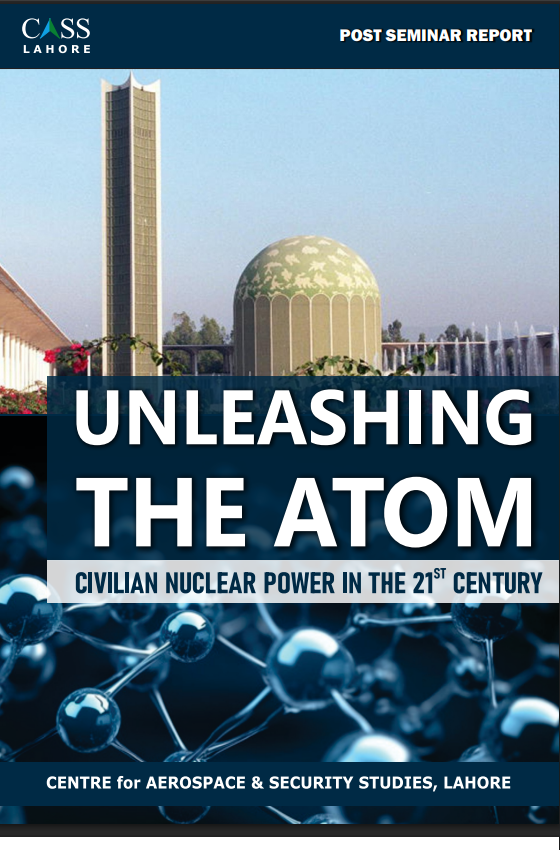
Post Event Report
A comprehensive report capturing expert analyses, strategic insights, key recommendations, media coverage, and event highlights.
Guest Speakers
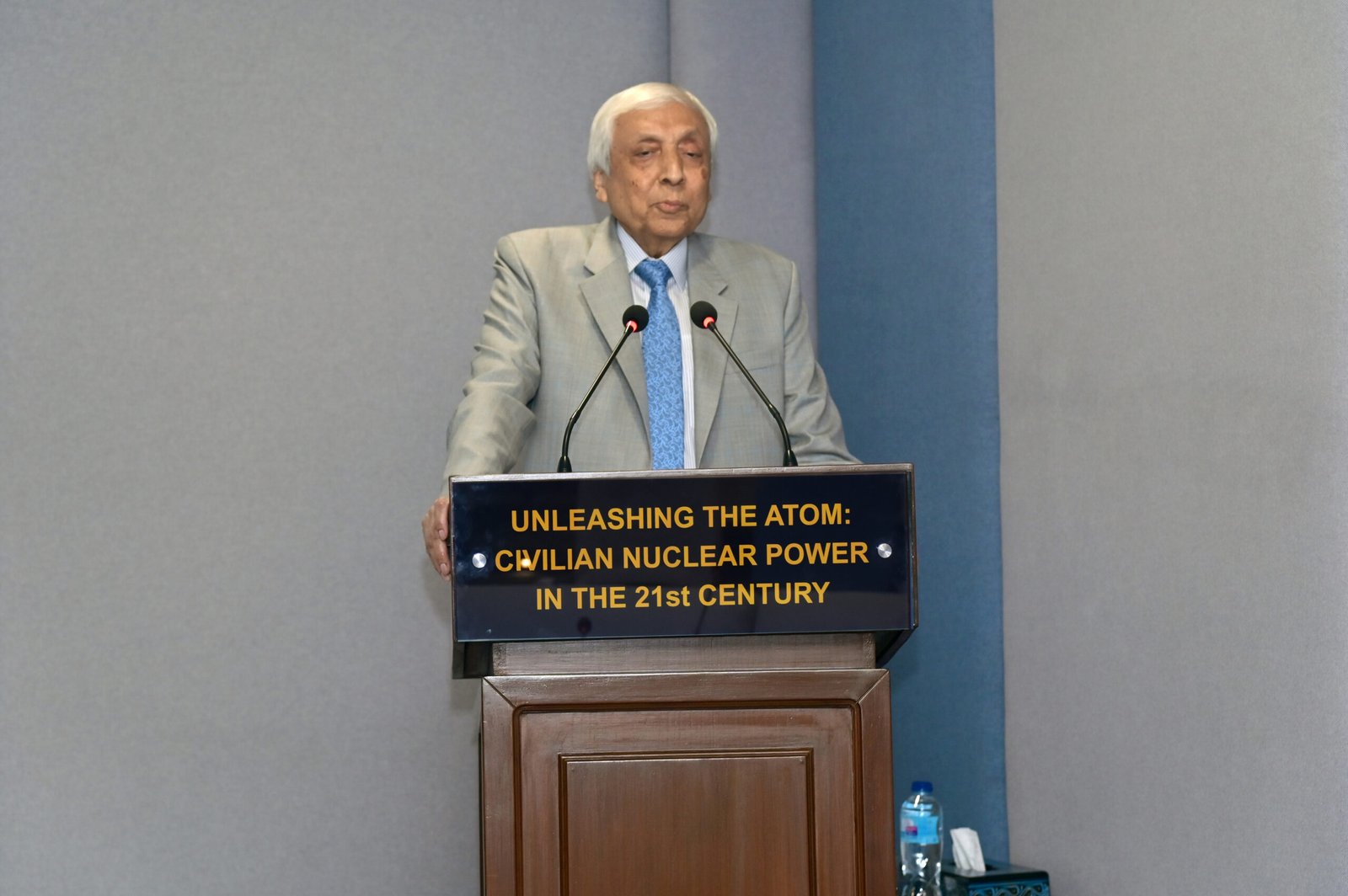
Dr Ansar Parvez
Advisor Nuclear Power, National Command Authority (NCA) Pakistan
Dr Javaid Khurshid
Consultant Science, Communication, and Diplomacy, COMSTECH
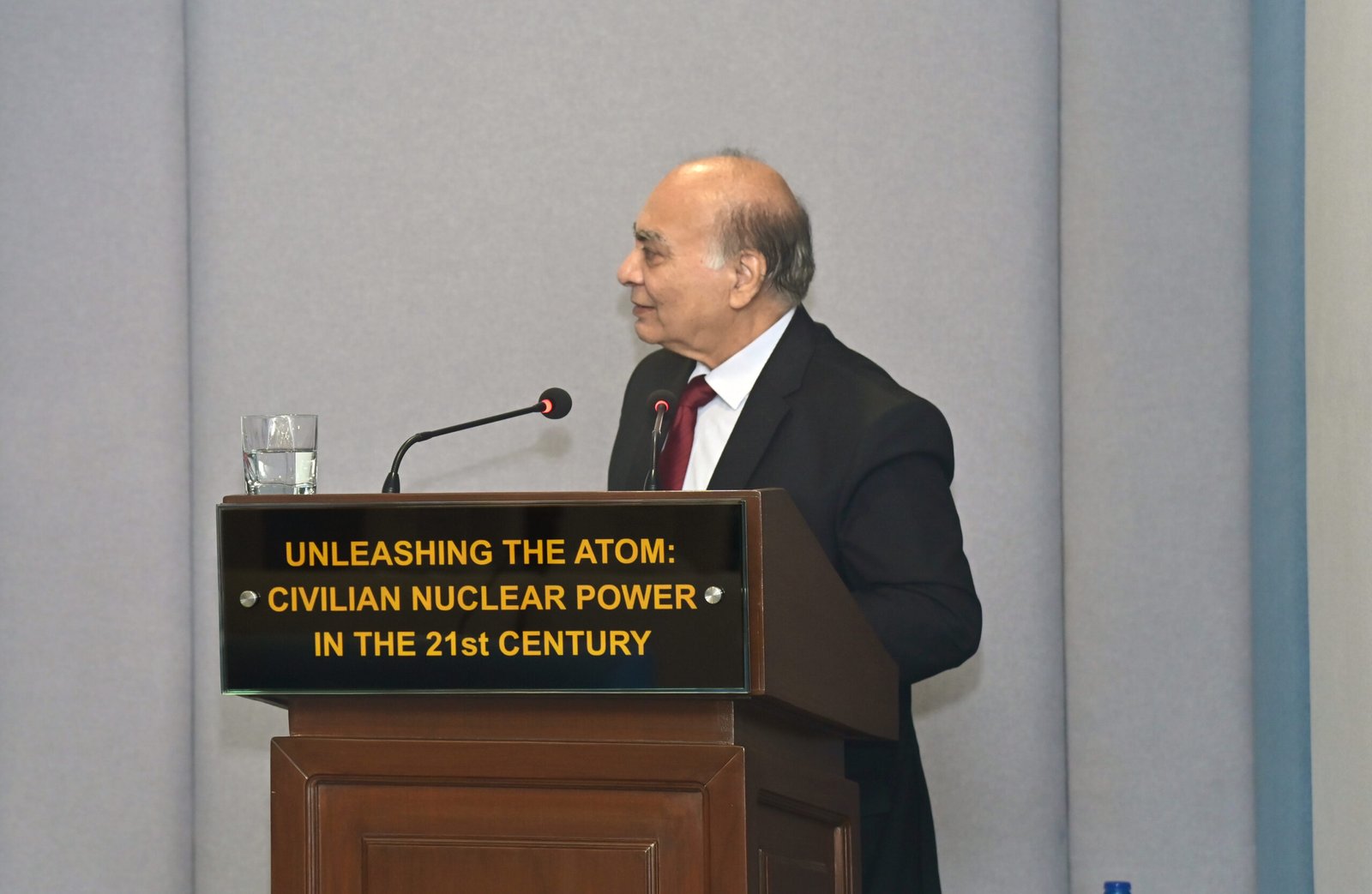
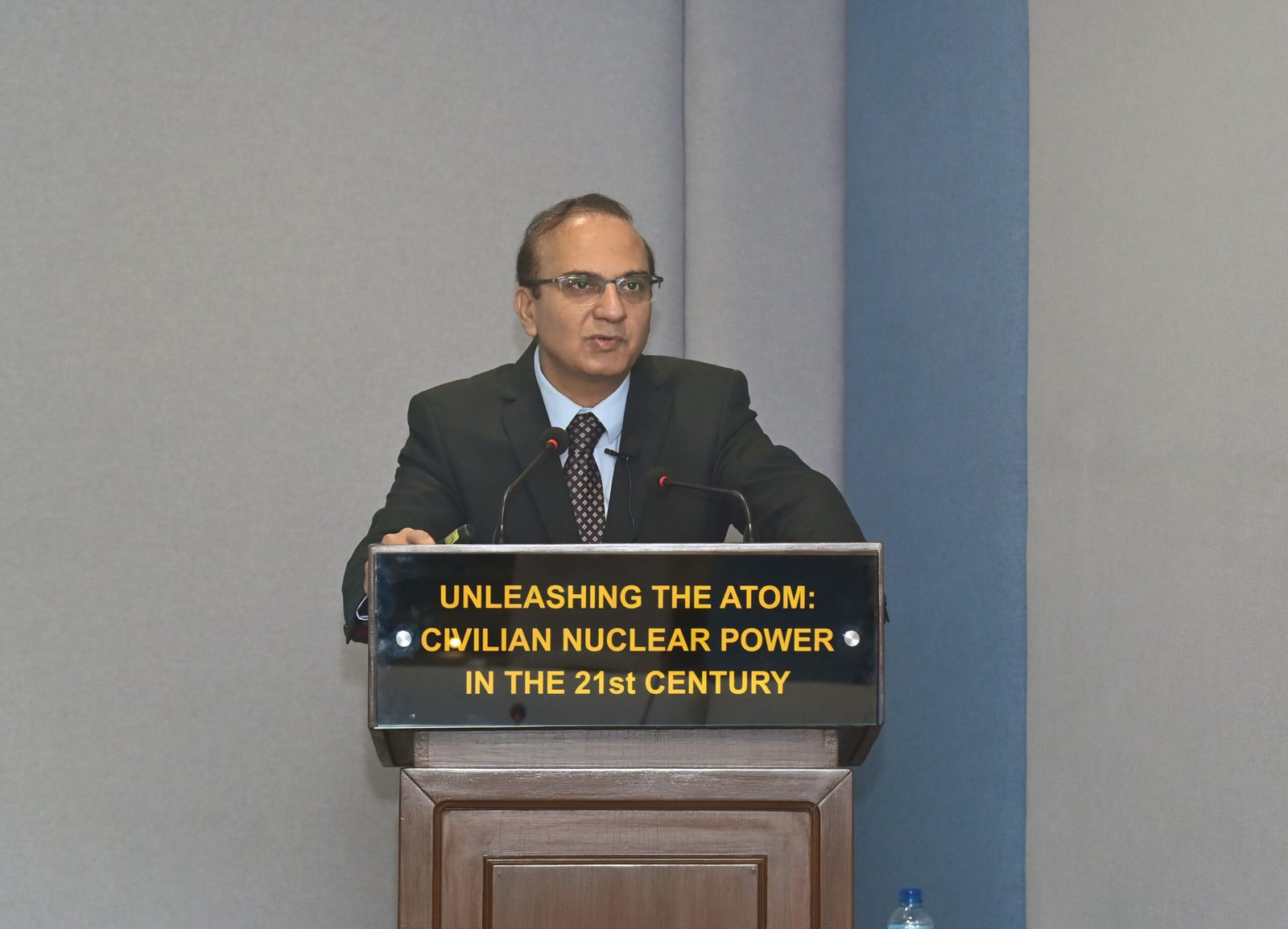
Mr Amer Manzoor
DG International Affairs, Pakistan Atomic Energy Commission (PAEC)
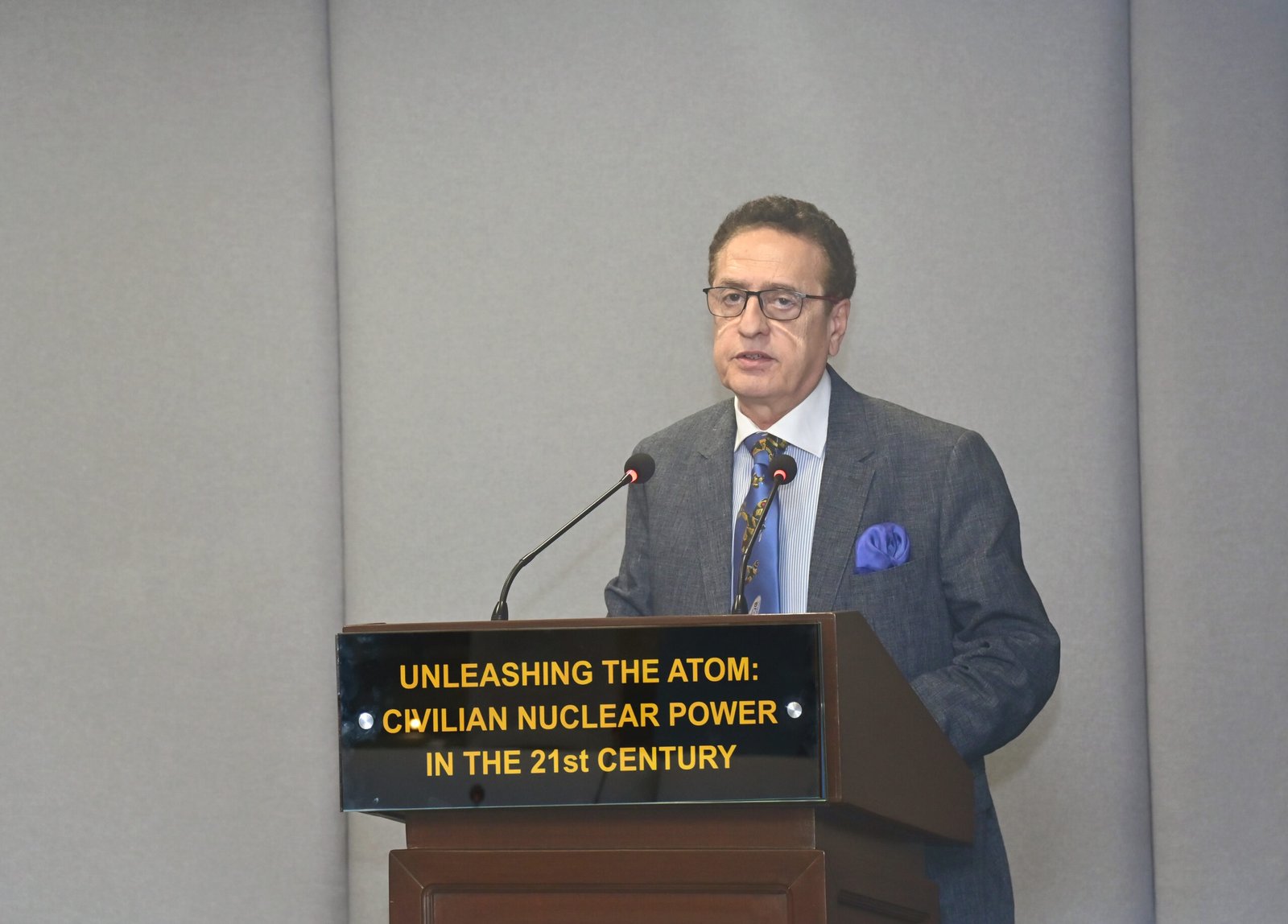
Event Chair
Air Marshal Asim Suleiman (Retd)
President, CASS Lahore
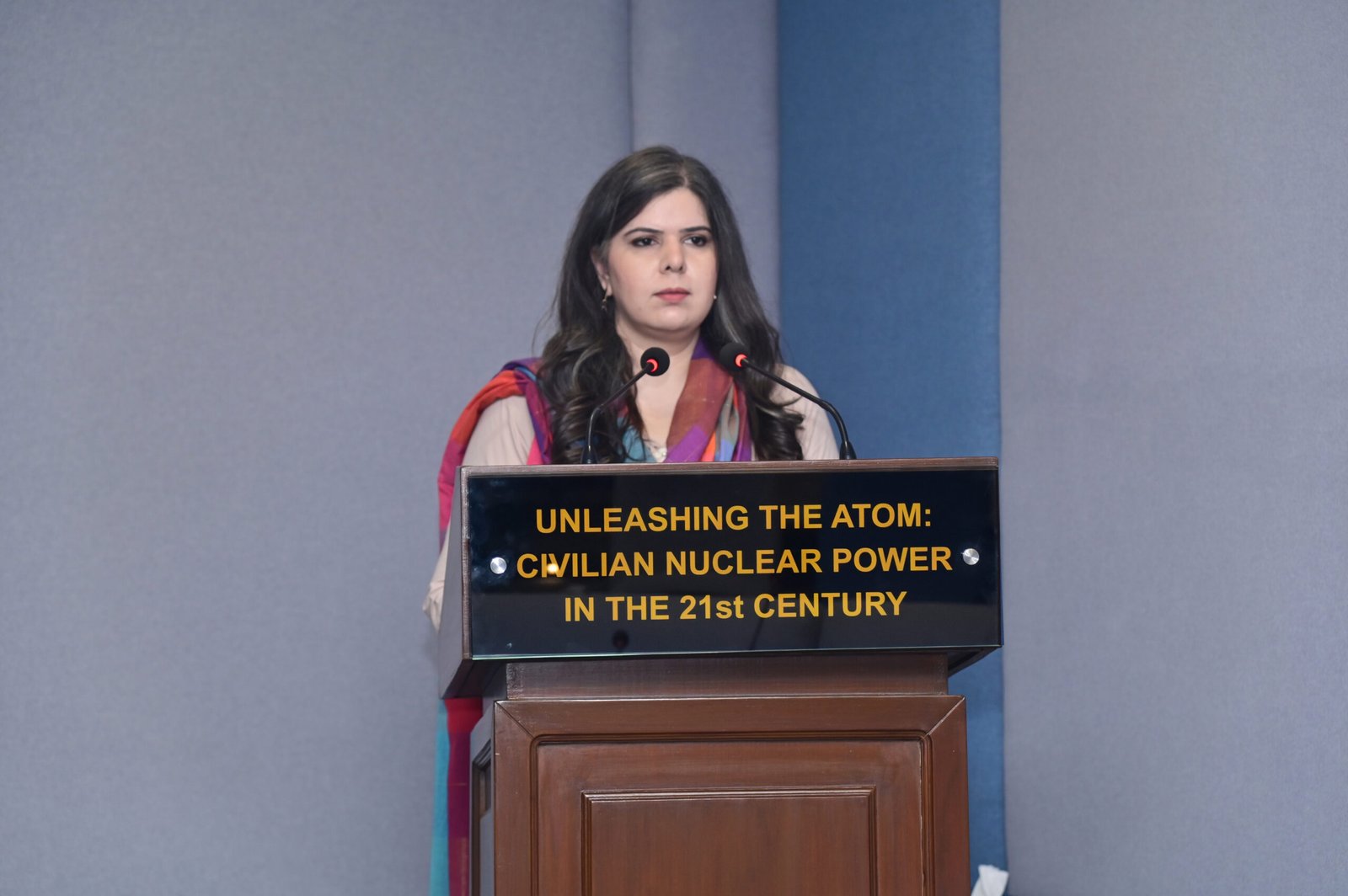
Event Coordinator
Nidaa Shahid
Associate Director, CASS Lahore
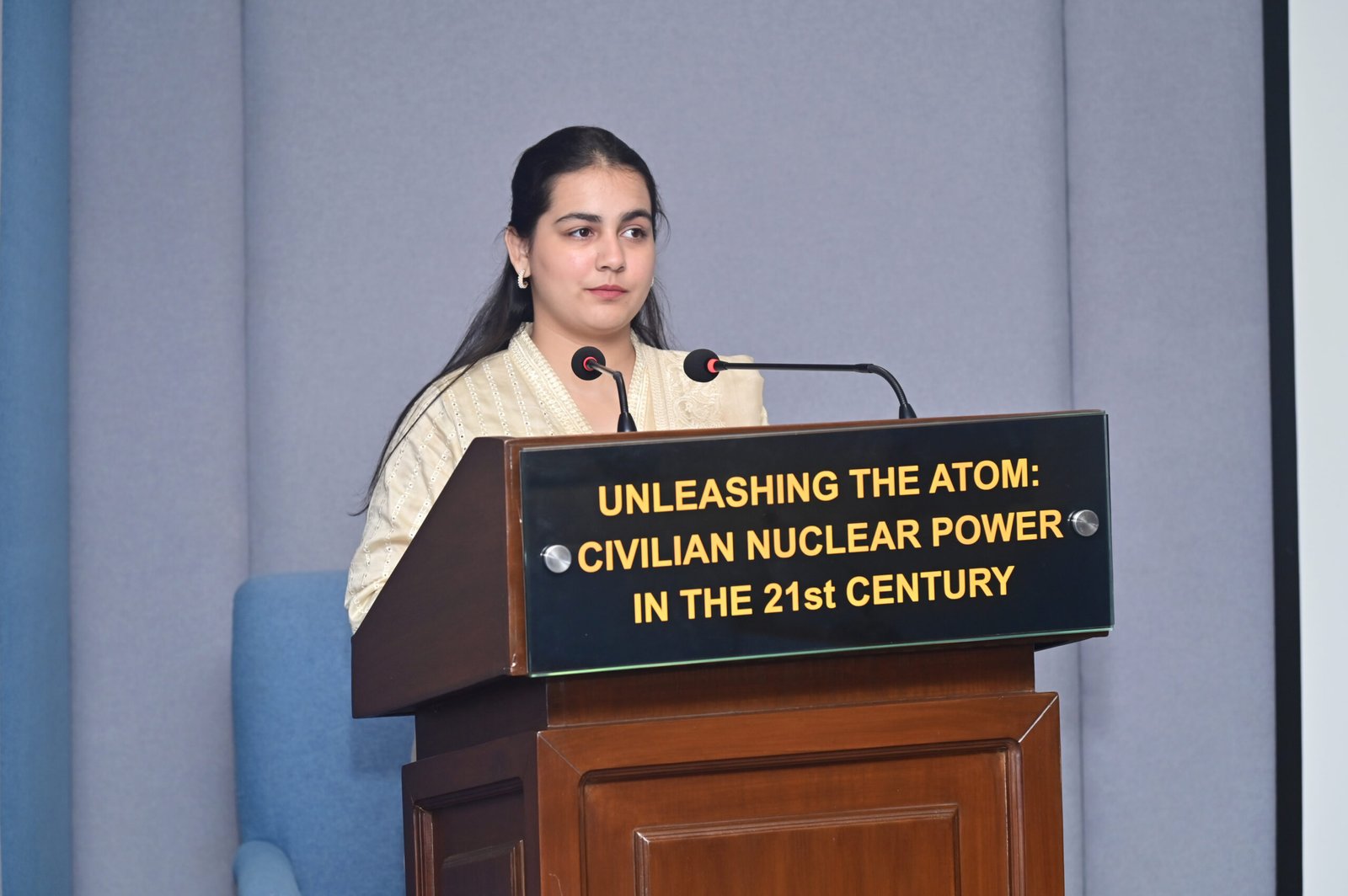
Master of The Ceremony
Sibra Waseem
Research Assistant, CASS Lahore
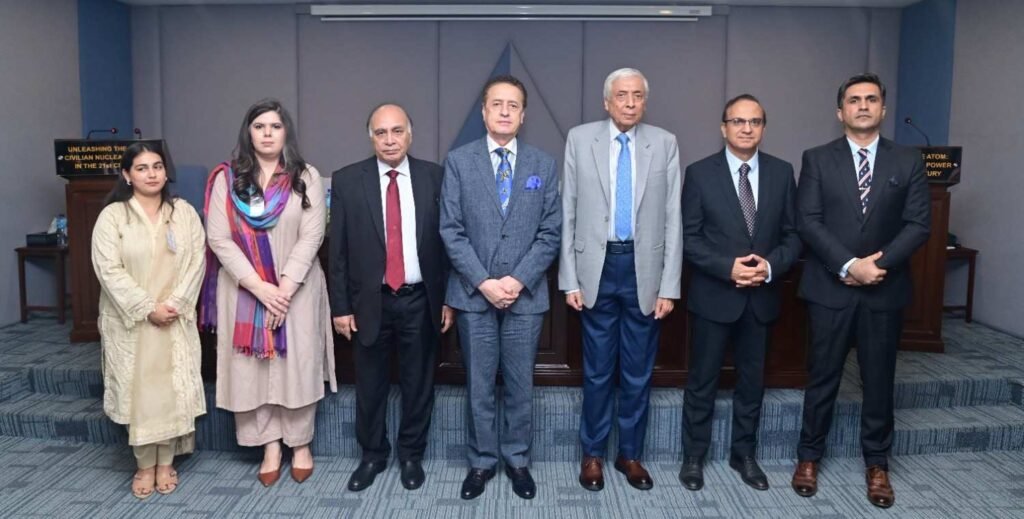
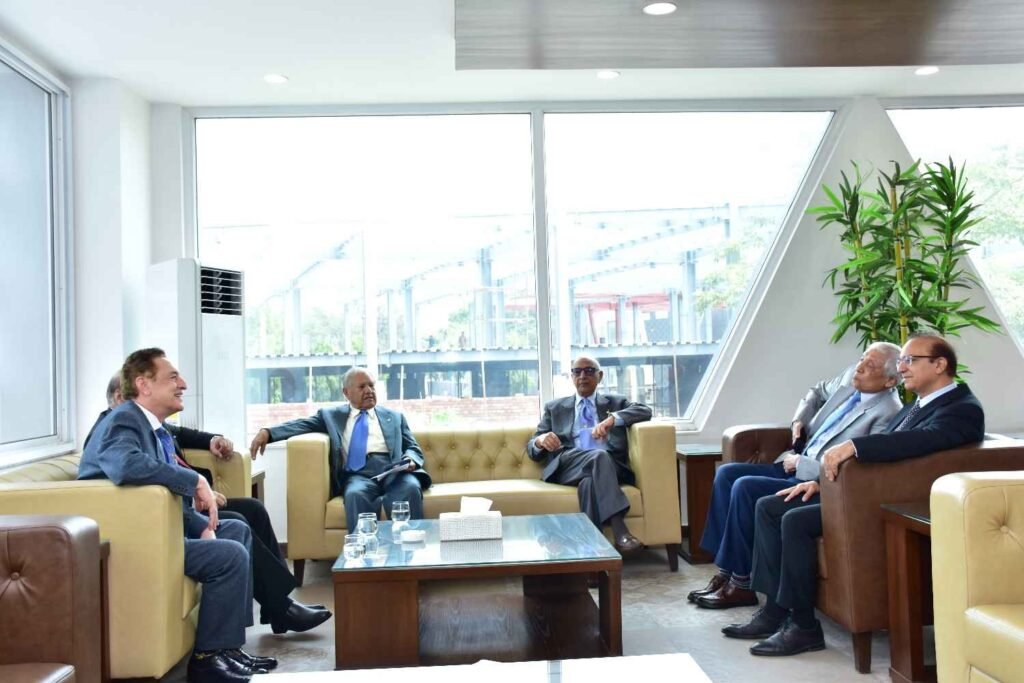
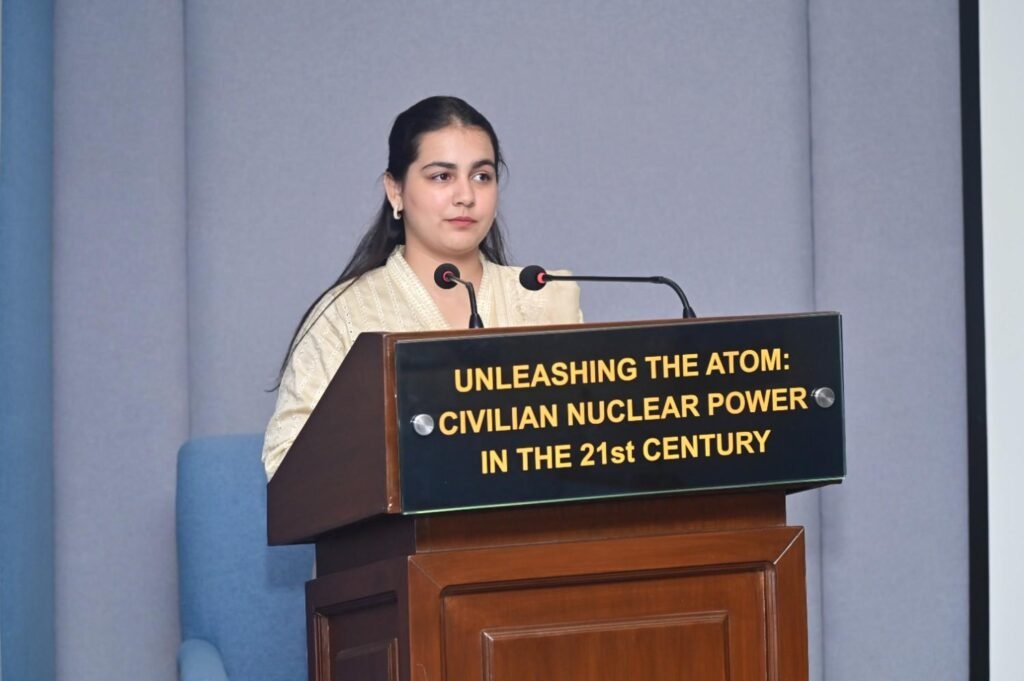
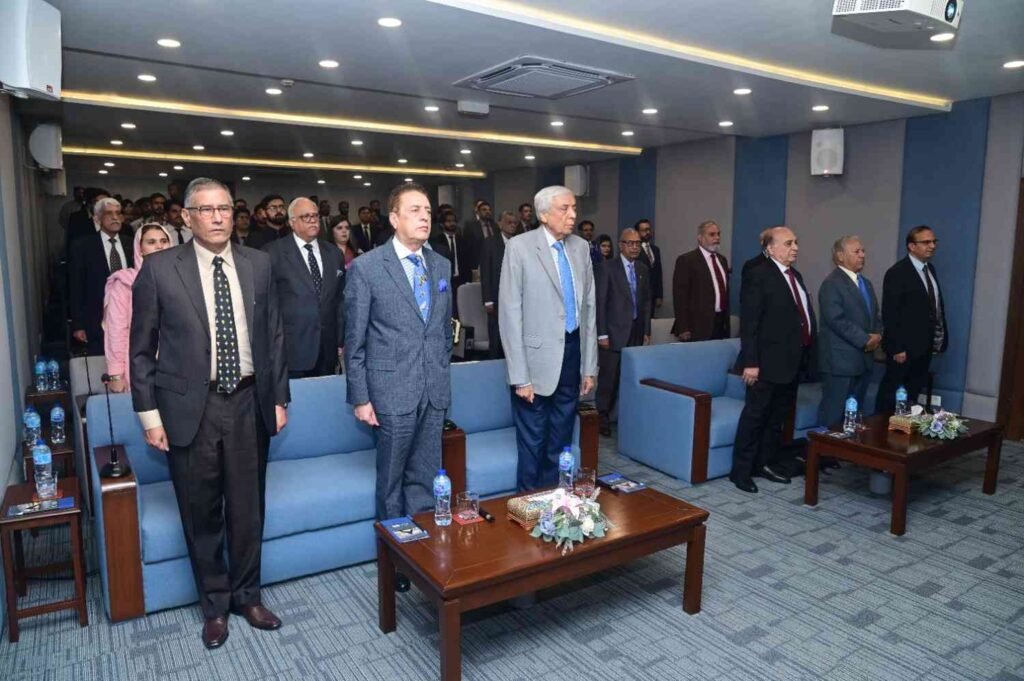
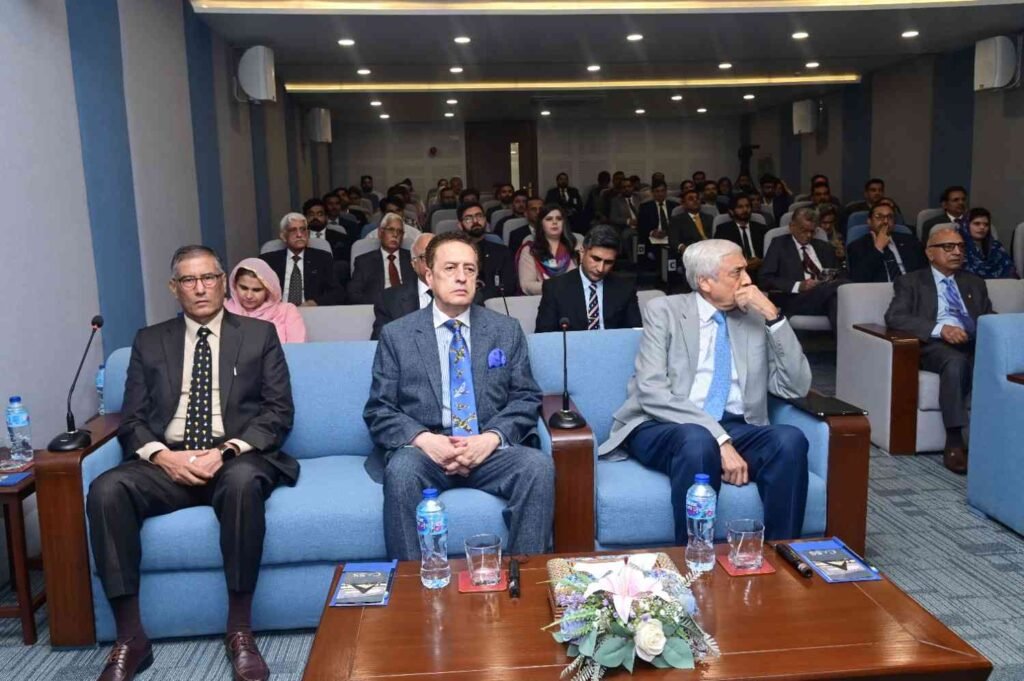

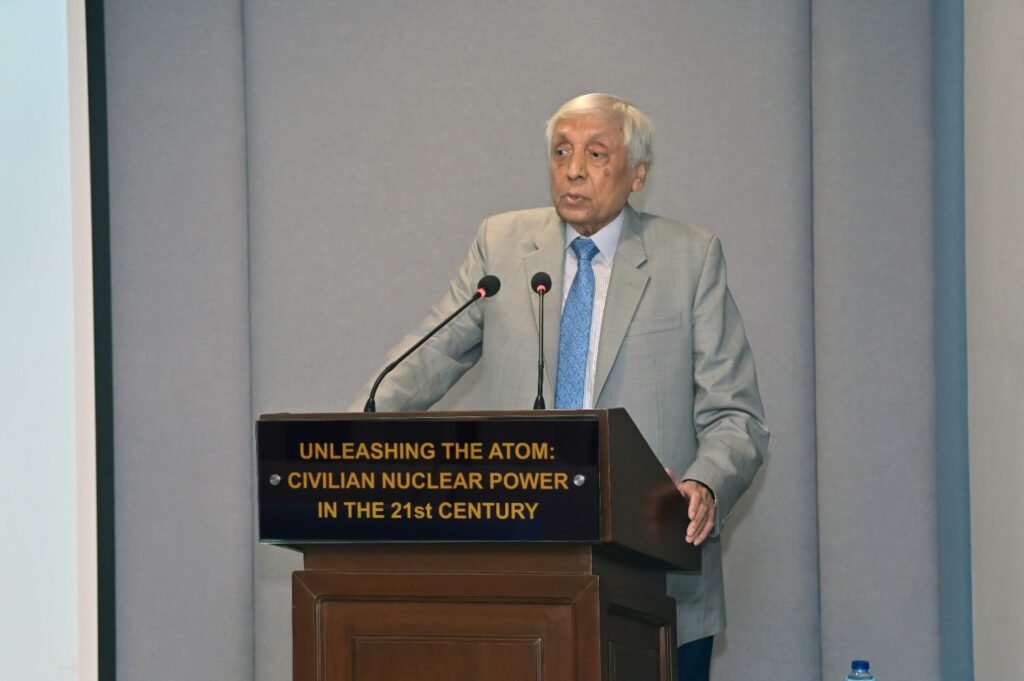
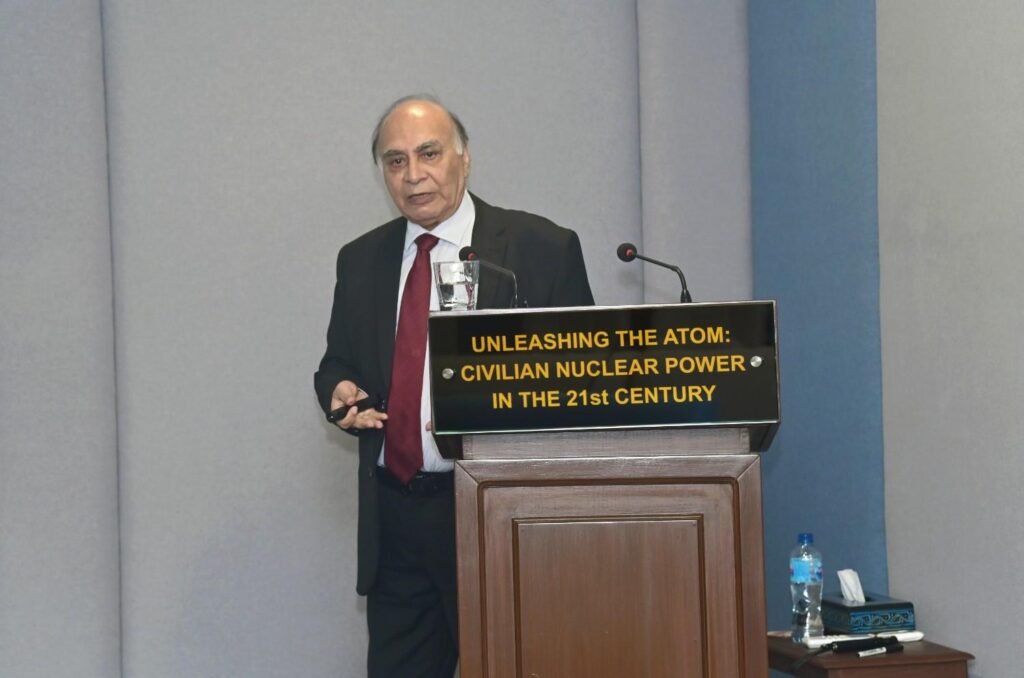
CASS LAhore

The Centre for Aerospace & Security Studies (CASS) was established in July 2021 to inform policymakers and the public about issues related to aerospace and security from an independent, non-partisan and future-centric analytical lens.
CASS Newsletter

@2025 – All Right Reserved with CASS Lahore.
- Home
- About Us
- Research Domains
- Publications
- Events
- Gallery
- Contact Us
@2021 - All Right Reserved. Designed and Developed by PenciDesign



